The Constitution
The students emphasised the urgent need for political and constitutional reforms in Bangladesh, arguing that the current constitution, shaped by colonial legacies, has become increasingly ineffective in ensuring democratic governance, as evidenced by the removal of the caretaker government provision. The students called for a new constitution based on equity, human dignity, and social justice, aligning with the core principles of our Declaration of Independence.
What kind of constitutional reforms do we need?
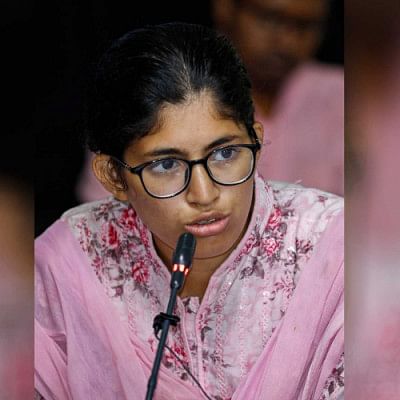
"We must closely consider the people's aspirations concerning the constitution."
Umama Fatema, Organiser, Dhaka University
There is considerable debate about whether we need a new constitution, reform the existing one, or amend it. As students and leaders of this movement, we must closely consider the people's aspirations concerning the constitution. In light of the July-August mass uprising, it is both timely and essential to demand a new constitution or substantial reforms to the current one. Without this, any future democratically elected government could once again devolve into a fascist regime; therefore, serious reforms to the present constitution are imperative.
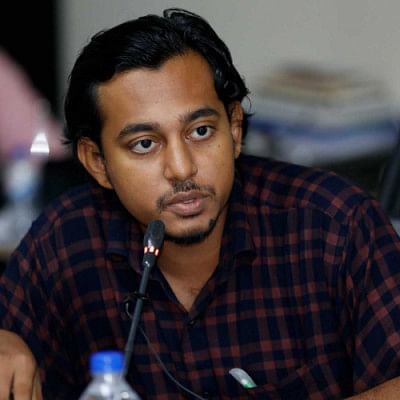
"It is high time for us, the people, to become the architects and advocates of a new constitution founded on equity, human dignity, and social justice."
Arif Sohel, Organiser, Jahangirnagar University
Over the past 15 years, a fascist regime has rendered the constitution increasingly irrelevant in ensuring the proper functioning of the state, as evidenced by the removal of the caretaker government provision from the constitution.
In this context, it is notable that the regime frequently makes rhetorical references to the 1972 Constitution. However, the drafting process of the 1972 Constitution was itself undemocratic; it was crafted by a small group of lawyers without sufficient consultation with the diverse groups involved in the Liberation War—people from various walks of life.
Now, it is high time for us, the people, to become the architects and advocates of a new constitution, one founded on equity, human dignity, and social justice—the core principles of our Declaration of Independence.
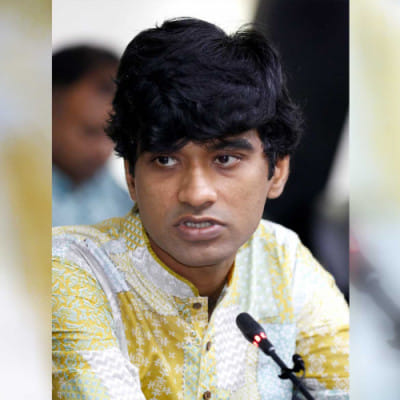
"It could be argued that, over the years, we have merely reproduced the repressive apparatus of the colonial state."
Meghmallar Basu, Organiser, Dhaka University
The Digital Security Act, which was later revised and renamed the Cyber Security Act, serves as a case in point. It is important to recognise that this act can be traced back to the colonial-era Special Powers Act of 1860. Thus, it could be argued that, over the years, we have merely reproduced the repressive apparatus of the colonial state.
The framework of our current constitution is undoubtedly influenced by this colonial discourse, which is incompatible with a sovereign nation like ours—one that is largely homogeneous in its nature yet celebrates cultural pluralism.
The religious fanaticism and dehumanisation we are witnessing today can be directly traced back to this colonial repressive apparatus. Additionally, the severe human rights violations faced by certain ethnic minorities in the Chittagong Hill Tracts (CHT) are often a consequence of the colonial legacy that continues to shape our current constitution.
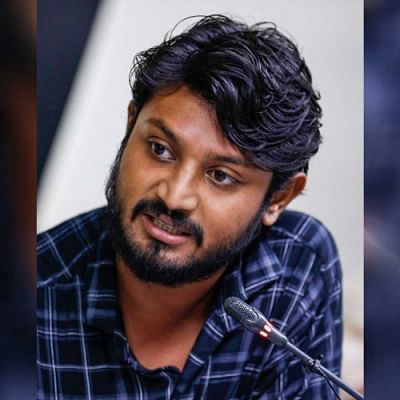
"Whenever a political party comes to power, it often turns the entire country into its party office, frequently justifying its actions through the constitution."
Sabah Anjim Farabi, Organiser, BRAC University
If we review South Asian politics over the last 20 to 30 years, it becomes evident that nearly every country in the region—whether India or Sri Lanka—has increasingly been dominated by one-party rule, often resulting in autocratic regimes under the guise of constitutional authority. In Bangladesh, this trend became particularly apparent immediately after independence with Sheikh Mujib's one-party rule, known as BAKSAL, followed by two military regimes that took advantage of the constitution.
After the 2008 election, when the AL formed the government, it quickly moved to abolish the caretaker government, a step taken by amending the constitution. This action subsequently impeded the decentralisation process in Bangladesh. Whenever a political party comes to power, it often turns the entire country into its party office, frequently justifying its actions through the constitution. This culture needs to change.
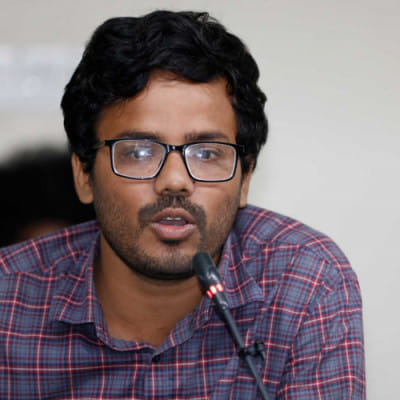
"To uphold the spirit of the 2024 uprising, we need an entirely new constitution."
Masud Rana, Organiser, Rajshahi University
While it is important to acknowledge that the 1972 Constitution includes inclusive principles, such as socialism and secularism, and is not merely a mindless duplication of the Indian Constitution, its fundamental organising principles are still heavily rooted in colonial ideology. The creation of a new constitution would require a constituent assembly.
Certain clauses in the current constitution need further elaboration. For instance, Article 33 allows for the indefinite detention of individuals. Additionally, it is crucial to note that there is no provision in the Constitution that provides the juridical power to remove a prime minister from office.
Another significant issue is the process of appointing justices, which is fraught with problems. It is said that a justice's performance is observed for two years before a decision is made on whether they will be granted a permanent position. This process often leads to justices feeling compelled to cater to the ruling regime's whims and sectarian demands.
The role of the ombudsman, as outlined in Article 77, is another provision worth discussing. The ombudsman is meant to act as a mediator between the bureaucracy and the general public, serving as a check and balance on power.
Article 70 is particularly contentious because it was essentially designed to prevent a vote of 'no confidence' against the Prime Minister. A possible modification could be to allow MPs to vote against their party in all instances, except in cases of 'no confidence', without losing their membership in parliament. Although I believe Article 70 should be open in all cases, if there is a concern about stability, this exception could be maintained.
Views were expressed at a roundtable at The Daily Star with students from various universities across the country, who led the quota reform movement.

 For all latest news, follow The Daily Star's Google News channel.
For all latest news, follow The Daily Star's Google News channel. 



Comments